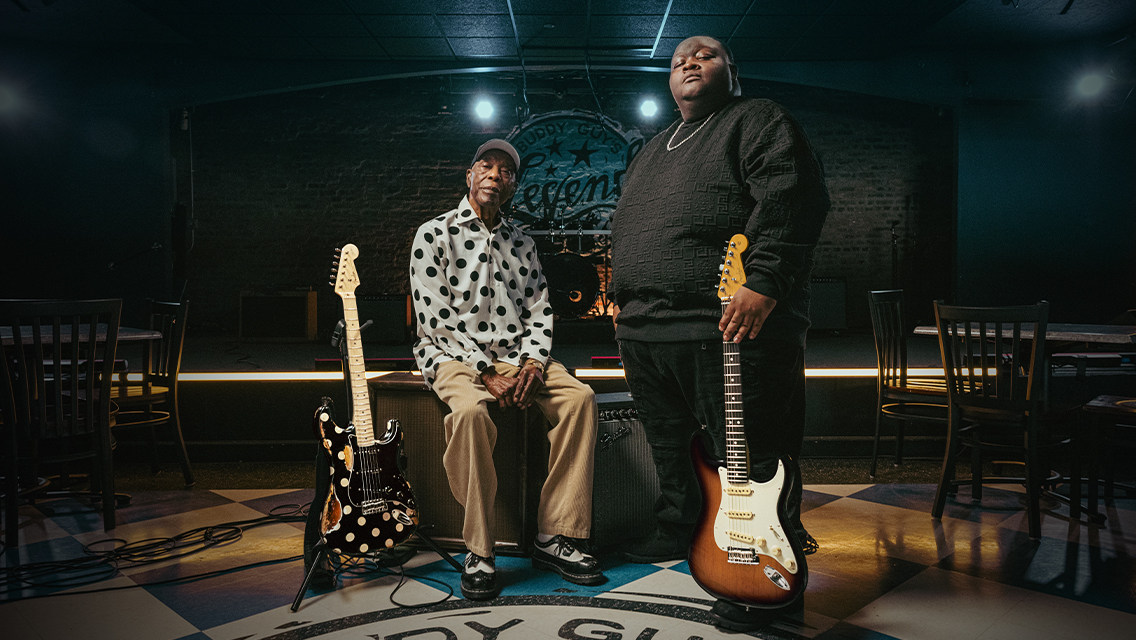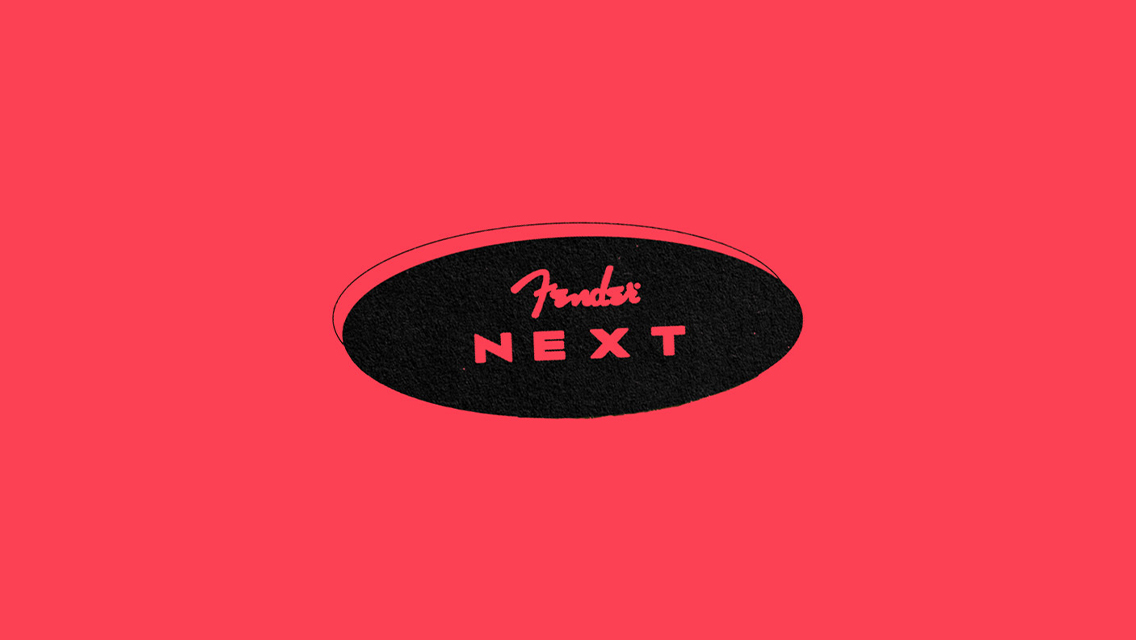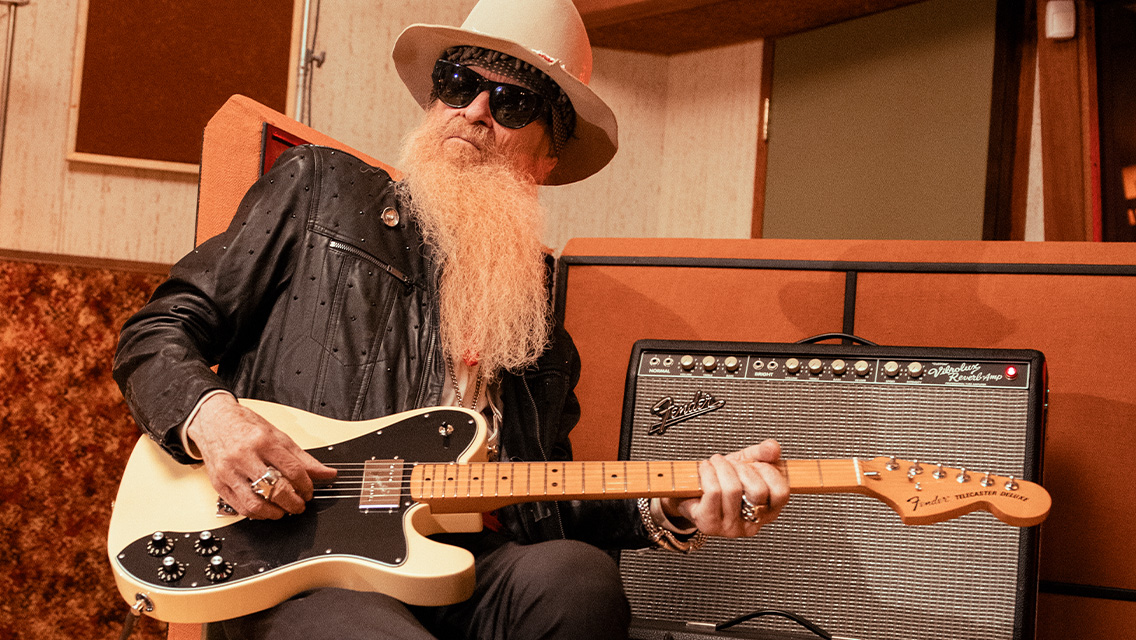3 Min ReadBy Mike Duffy
Watch: Ali Shaheed Muhammad and Adrian Younge's Short Film, 'Artform'
The prolific producers discuss the importance of live instruments and the power of expression.

Sections
Adrian Younge and Ali Shaheed Muhammad have accomplished a lot throughout their respectively prolific careers.
Younge's credits include scoring the hit Michael Jai White-led film Black Dynamite and producing two of Ghostface Killah's acclaimed solo albums, while Shaheed Muhammad essentially changed the world of hip-hop with A Tribe Called Quest.
But in recent years, the two men have teamed up to create a formidable pair, having soundtracked both seasons of the Marvel series Luke Cage and released a self-titled album as the Midnight Hour.
Whether they are working individually or as a team, however, both Younge and Shaheed Muhammad have always championed the importance of using live instruments while creating new music. It's a message they are eager to share in order to encourage today's creators to pick up an instrument and discover their identity through music.
They both felt that pull, as they taught themselves to play various intstruments, too.
"The beauty of art is that it's self-expression. You have to be committed to it," said Shaheed Muhammad. "It's a dedication, but trust that where you are on Day 1 will be different than where you are on Day 10 if you're committed. Where you are on Day 10 will be completely different to where you are on Day 120. It's just getting into yourself, closing off the world and discovering what you're really capable of."
Shaheed Muhammad and Younge came to this conclusion through their love or playing records. To them, the R&B, funk and jazz samples that early hip-hop artists utilized to create groundbreaking tracks were magical … and they wanted to crack the code.
"Everybody's inspired by different things in their life," said Younge. "Us being musicians, us being DJs, the thing that inspired me the most is records. We grew up listening to records. We grew up playing records. And then, records turned into something we could use as an instrument. We're able to sample and make derivative music. We're able to learn from the records. It's just so interesting how the records actually changed our lives. We went behind the records to see how they were made."
In a new Fender documentary entitled Artform (filmed in Younge's Artform record store and Linear Labs studio), Younge talked about how he would study album jackets to see who played on the records, and perhaps even more importantly, what instruments they used.
"When I looked at the back (of the record) I'd look at the instruments," he said. "I started to notice that they were playing the same kind of guitar. 'Is that a (Precision Bass](https://shop.fender.com/en-US/electric-basses/precision-bass/)?' The crazier and more psychedelic, the crazier the sound. I'd get into jazz, get into a lot of Herbie [Hancock) Look on the back … they're playing a P Bass. This was the industry standard for the type of music we loved.
"By studying these old records, I started putting the story together. I started to learn that the kind of music I need to make is something with live instruments because I can't find these samples, really. I need to be able to play this stuff."
Shaheed Muhammad shared a similar experience, noting that his first instrument was a turntable, and he would use that to devour his mother's extensive record collection as a child.
"Whatever you sampled on the record, that was it," he said. "That was the extent of what could be built upon. That was cool, but I wanted to have my own artistic freedom and thoughts. That's what inspired me to learn to play an instrument, go deeper than those samples, make my own and resample those."
Amongst their peers, the notion of using live instruments instead - or as a supplement to - samples was quite foreign. But as their proficiency grew, more and more people began to understand their stance.
"Our friends were laughing at us when we picked up these instruments," said Younge. "We're playing them every day, and then they stopped laughing because we developed an ability.
"When you're playing these organic instruments, like a guitar or a piano, you can go so far. You can compose, you can create full albums and own your own publishing. You can continue to grow and be who you're supposed to be."
To celebrate the release of the Artform short film, Younge and Shaheed Muhammad worked with Fender on a limited-edition Midnight Hour Signature Precision Bass. The stunning instrument features several key modifications, such as a purple sparkle lacquer finish, purple shell pickguard and gold pickup cover, hardware and neck plate engraved with “The Midnight Hour.”
Both projects are representative of Young and Shaheed Muhammad's mission.
"We made this film to encourage today’s hip-hop artists to close the laptop, put down the sampler and spend time creating with live instruments, like the guitar and bass," said Younge. "What we can accomplish as musicians is limitless when we dig deep and uncover where these sounds come from.”
Watch the documentary, which is interspersed with several Midnight Hour original tracks, above and click here to learn more about the Midnight Hour Precision Bass here.
Don’t miss out!
Be the first to know about new products, featured content, exclusive offers and giveaways.


